This article proudly brought to you by St.George Bank
The gaming industry is enormous, bringing in about $138 billion a year annually. There are so many products—from games to peripherals to merchandising—you could easily clean out your bank account every month just buying up all the latest goods (a top-of-the-line gaming PC alone will cost you about $2,000).
Just because it is an expensive hobby though, doesn’t mean you can’t enjoy some quality gaming experiences on a reasonable budget. In fact a little money can go a very, very long way in gaming. With $50 AUD you can get hundreds of hours of quality gaming in.
On the topic of $50—St.George Bank has a $50 offer for customers who open a new bank account by April 3 2019 and deposit $500 within 30 days. You can see all the detail and product T&Cs here.
So what can you do with that $50? Well, it turns out a whole lot.
Pace yourself and buy strategically
The biggest problem I’ve had over the past two years is that the sheer amount of awesome games that have come out made it nearly impossible to play all of them right as they’re released. That means I had to pick and choose what titles I wanted to focus on while leaving a list to slowly build up with titles that I can go back and play later.
For people who really want to play the biggest games as they come out, this is something that rarely works out. But if you have a very specific budget allotted to spend on games, this backlog maneuver becomes a lifesaver.
You might have to miss out on the game that everyone is talking about online, but don’t think of it like that. Instead, think of it like you are just pushing that off until the hype dies down. Plus it will save you a pretty penny.
Take the newest God of War for example. If you bought it at release in April 2018, it would have run you the full $79.99, but if you spent that money on a game like Persona 5 that released in April 2017 it would only cost $40.
This strategy works for seasonal sales too.
The start of June and the end of November are typically the time when most marketplaces have their biggest sales. Hundreds of games are marked down by massive amounts, meaning if you can plan ahead, you can really get the most bang for your buck.
Browse for gems
Everyone has different tastes when it comes to what games they like. I tend to lean heavily towards single-player games that focus on story and interesting mechanics. So taking that into account, always keep your eyes open for recommendations.
There are hundreds of lists online and entire websites dedicated to giving people recommendations for games they might like based on the simple “If you liked Game X then Game Y is probably something you would enjoy” model of thinking.
For example, if you like Phoenix Wright, Professor Layton might be up your alley. All you have to do is put in a little time researching and you might find games completely new to you
This also plays into the previous suggestion. Let’s say you just finished The Legend of Zelda: Breath of the Wild, but you don’t want to spend as much on your next pickup. So you search for things other Zelda fans recommend and you come across Hyper Light Drifter sitting there for $27.68.
Just looking past the big names or searching for a game tailored to your tastes might end up saving you some coin while also providing a great time.
Hit the indies
Not every game you play needs to be a Triple-A, big-budget release. There are so many great games made by small teams.
Indie games have become a staple of today’s gaming economy as more and more hopeful, small studios churn out incredible experiences. That leads to more great games on the market, but these usually come at a much cheaper cost.
For $50 you could stock up on two of the best platformers from recent years like Hollow Knight and The Messenger. You can pick up two of 2018’s best games in Celeste and Dead Cells. Or you can hit that backlog with hit titles like Stardew Valley and Undertale.
The combinations of indie titles you can get for $50 is insane and that isn’t even mentioning that titles like those are almost constantly on sale for cheaper than list price. So be sure to check often and support those smaller developers who fit your budget.
Enhanced free-to-play
While indie titles are a cheaper alternative to playing the newest Triple-A games upon release.
Whether it’s creating your own superhero or villain and exploring the vast world of comics in DC Universe Online or just dropping from a flying bus and facing off against 99 other players in Fortnite, the free-to-play market is booming with tons of varied options.
But if those games are free, why spend money on them? Couldn’t the money you save not buying them be used for other, non-f-t-p titles? Of course you can just save, but most of those free titles have options to enhance your time in the game. Spending a little bit of that $50 on enhanced free-to-play titles can go a very long way.
Games like DC Universe use the traditional MMO—massive multiplayer online—model where for a set fee paid monthly or annually you unlock the premium version of the game. For around $20 per month, you can access all of the downloadable content, form your own league, replay event missions with free Replay Badges, and much more.
Fortnite has a less traditional model for their Battle Pass options. But if you plan on playing the game, a lot these options are perfect for you. For around $14 you can buy the Battle Pass, which gives players access to rewards that scale the more they play and complete daily challenges.
Other games like League of Legends, Team Fortress 2, Paladins, and Smite have their own versions of these models that allow players to pay for more content if they are enjoying the experience. Those games have fanbases that regularly only play one title, and that game then becomes a huge part of their weekly routine.
So if you find yourself immersed in a free-to-play title’s world, don’t feel bad about spending some money to get some skins, a pass for rewards, or even a paid membership. You can live inside of those games, make friends, and have hundreds of hours of fun without spending a dime—but sometimes the extra little bit makes the experience even better.


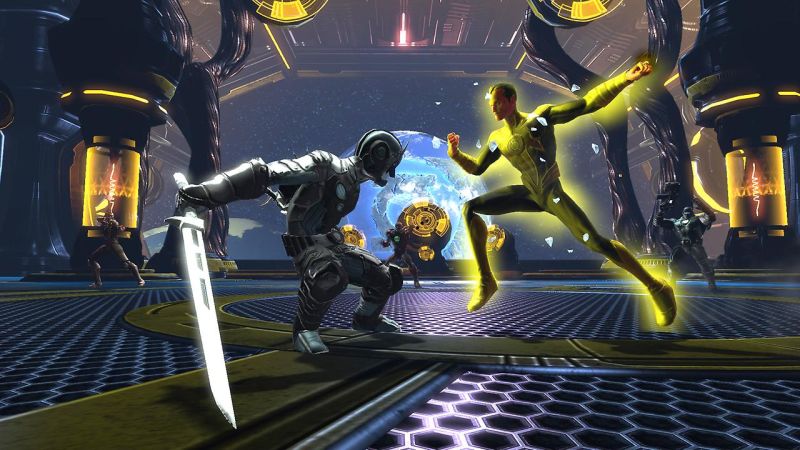
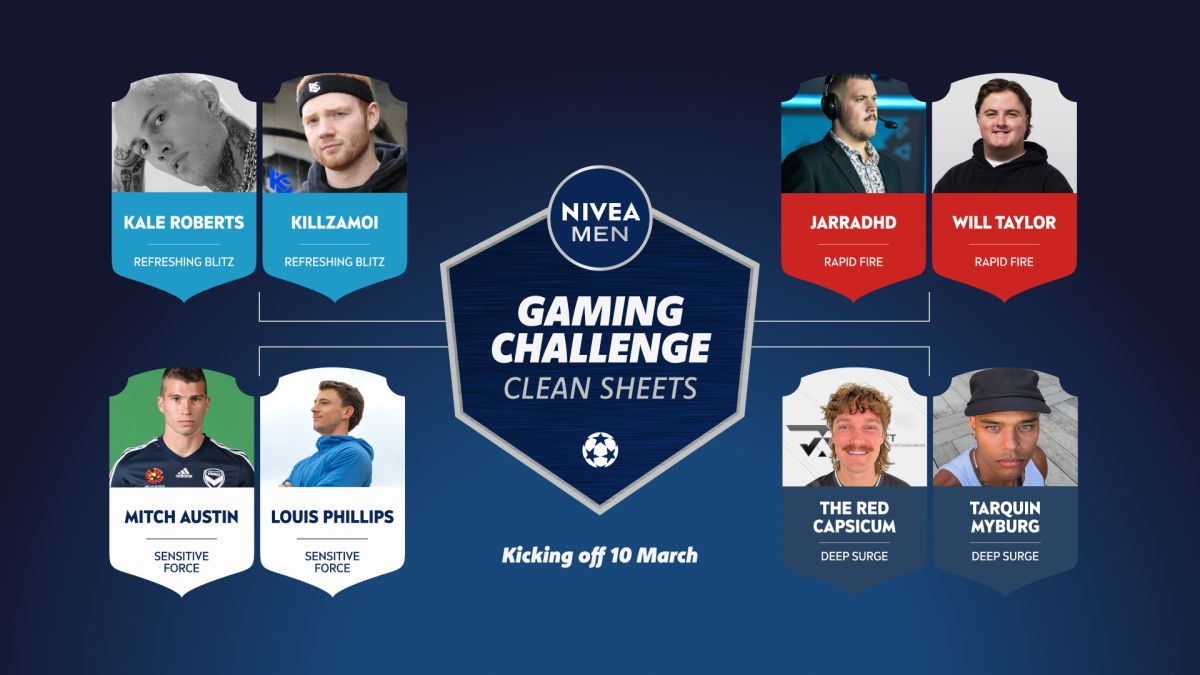

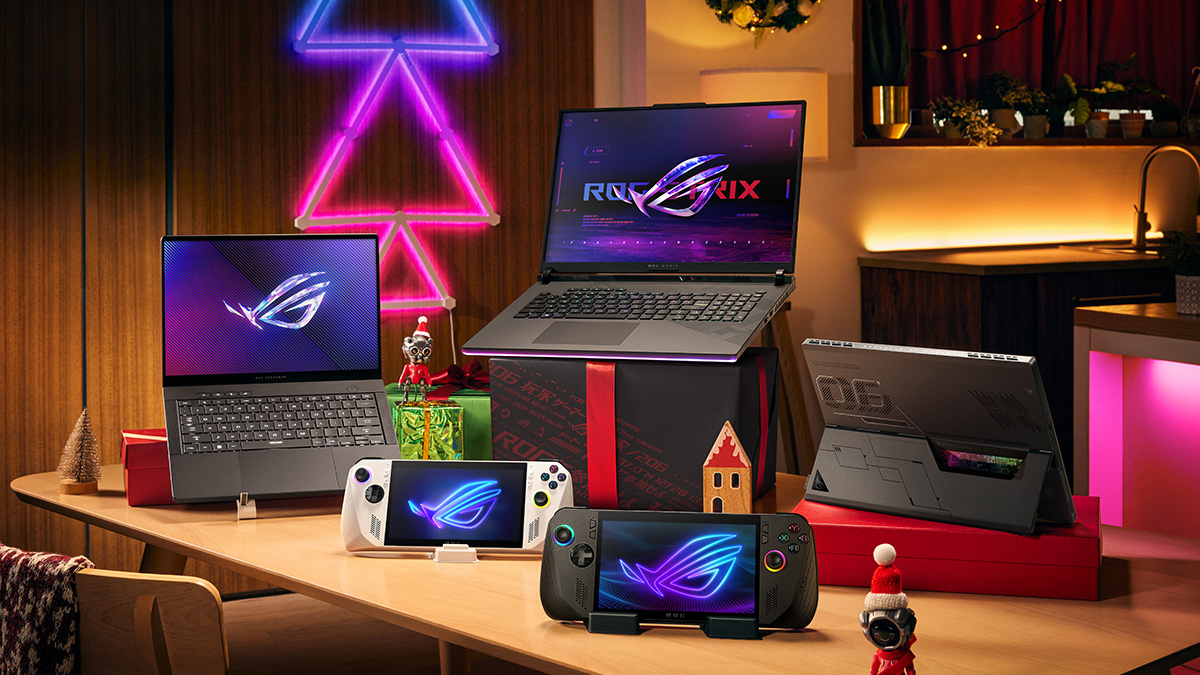

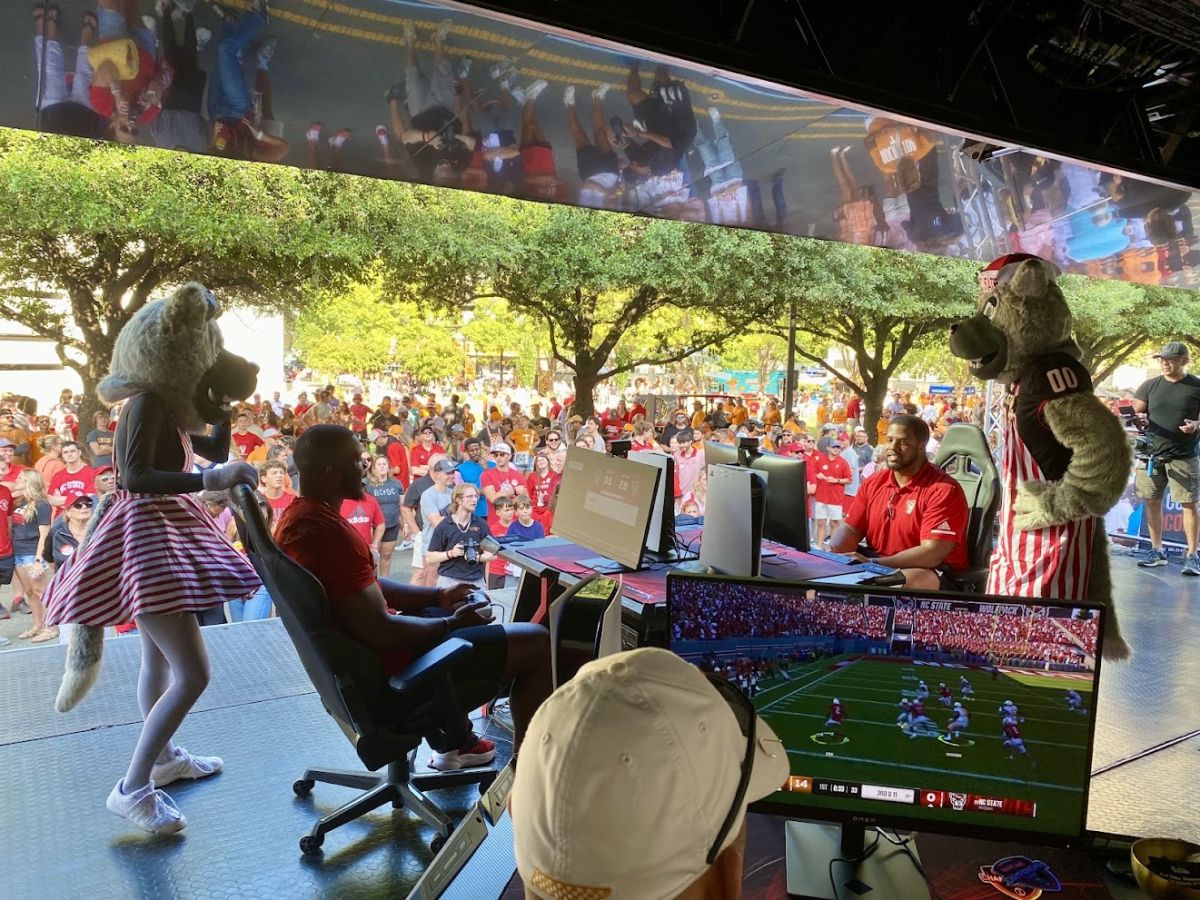

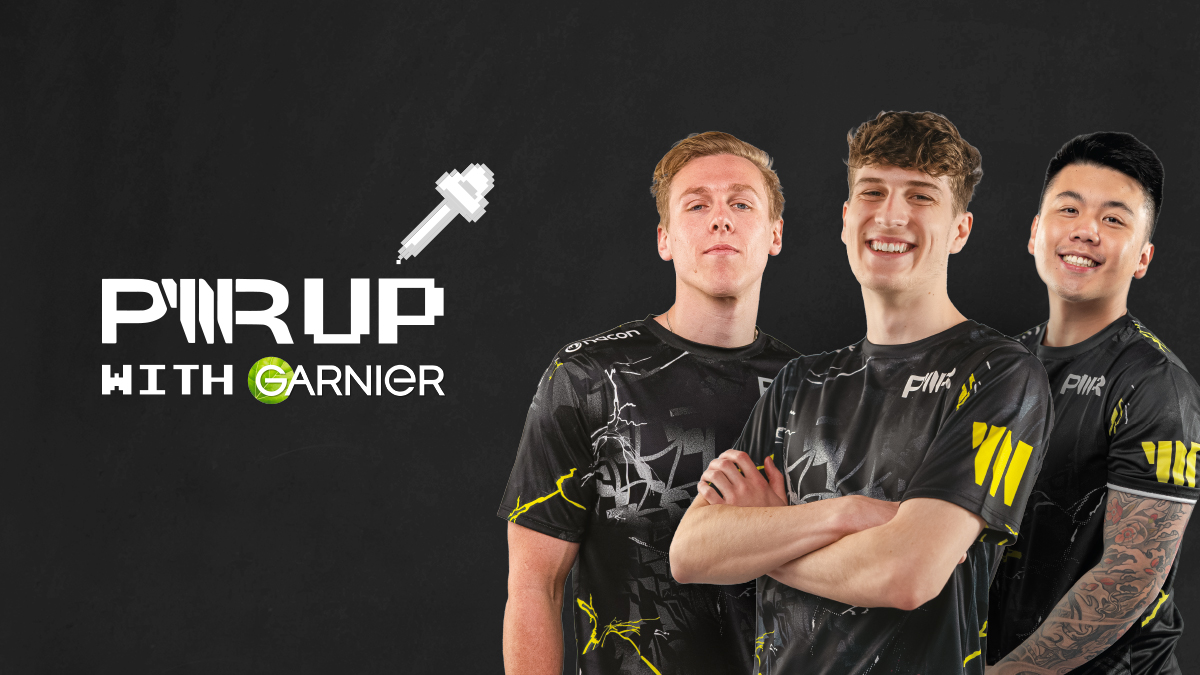
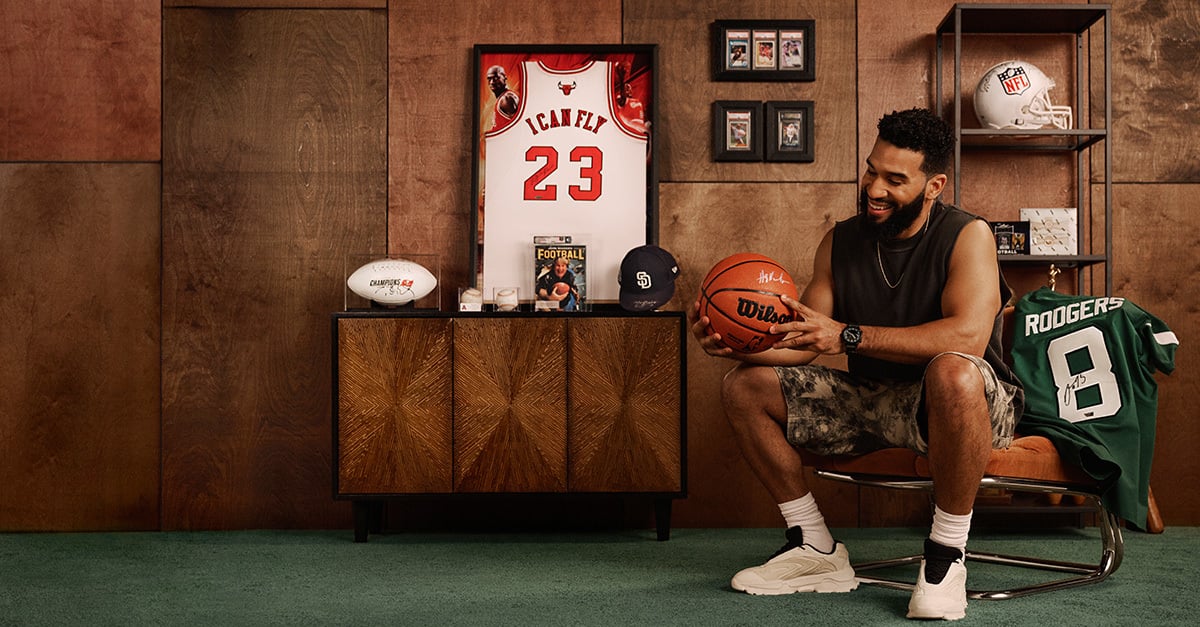

Published: Feb 12, 2019 04:50 pm